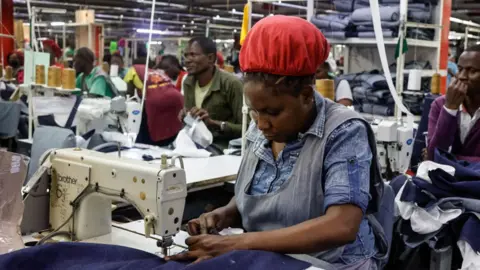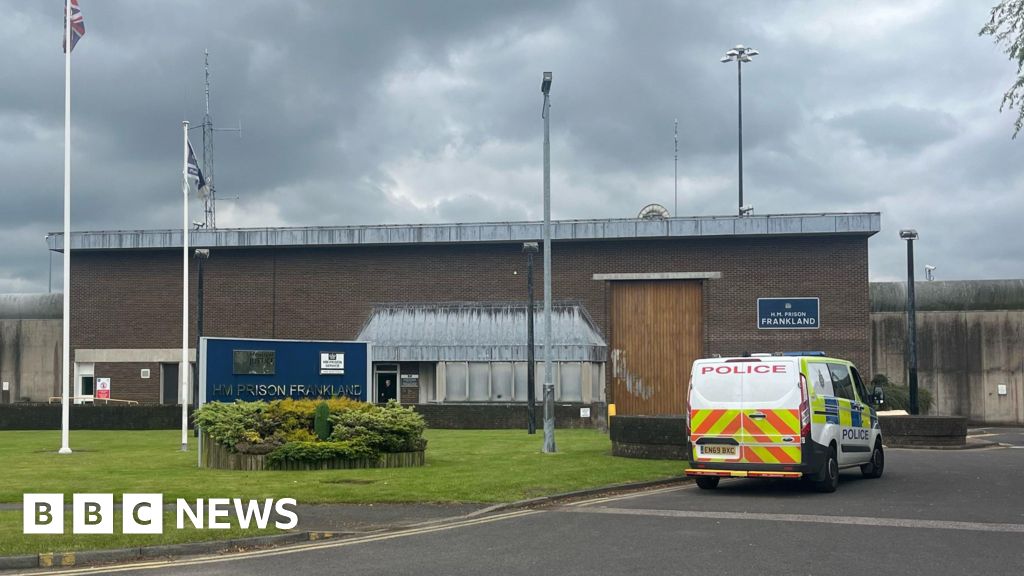Zimbabwe to Abolish Tariffs on U.S. Imports in Bid for Improved Relations

In a surprising diplomatic maneuver, Zimbabwe's President Emmerson Mnangagwa has announced the suspension of tariffs on goods imported from the United States. This decision is seen as an effort to foster a more positive relationship with the Trump administration, particularly following the recent imposition of an 18% tariff on Zimbabwean exports to the U.S.
President Mnangagwa stated that the primary goal of this measure is to enhance the presence of American goods in the Zimbabwean market while simultaneously promoting Zimbabwean exports to the United States. He articulated this intention through a post on social media platform X, emphasizing his desire for a mutually beneficial trading relationship. The timing of this announcement is particularly noteworthy as it comes amidst a backdrop of historically strained diplomatic relations between Zimbabwe and the U.S., dating back to the controversial land reform policies implemented nearly 25 years ago, which resulted in widespread criticisms regarding human rights abuses.
Trade data from the U.S. government illustrates the limited exchange between the two nations, with total trade figures amounting to a mere $111.6 million in 2024. Specifically, U.S. exports to Zimbabwe reached $43.8 million, reflecting a 10.6% increase from the previous year, whereas imports from Zimbabwe experienced a dramatic decline of 41%, totaling $67.8 million. Political analyst Tendai Mbanje shared his skepticism with the AFP news agency, cautioning that this tariff suspension is unlikely to yield significant economic benefits for Zimbabwe and may primarily serve U.S. interests.
Hopewell Chin'ono, a prominent journalist and government critic in Zimbabwe, echoed these sentiments, suggesting that the president's actions appear to be an attempt to placate the Trump administration. Chin'ono noted that Mnangagwa may harbor hopes that this gesture could lead to the lifting of sanctions imposed on him, though he described this prospect as a “long shot.”
Sanctions against Zimbabwe were initially enacted during the presidency of Robert Mugabe in response to a land reform program initiated in 2000, which led to the expropriation of white-owned farms, coupled with the government’s oppressive tactics against opposition parties. The Biden administration's approach to sanctions shifted in 2024, replacing blanket sanctions with targeted penalties against 11 individuals, including Mnangagwa, citing grounds of democratic regression and human rights violations.
In his announcement regarding the tariff waivers, President Mnangagwa insisted that Zimbabwe is committed to fostering amicable relations with all countries and avoiding adversarial stances. “This action underscores our commitment to a framework of equitable trade and enhanced bilateral cooperation,” he stated, reflecting a desire for a more collaborative international strategy.
However, Chin'ono raised concerns about Mnangagwa's unilateral approach, particularly as he holds the chairmanship of the Southern African Development Community (SADC). He argued that the current global economic climate necessitates a coordinated response among nations, suggesting that collaborative negotiations would provide greater leverage and stability in trade relations. Meanwhile, neighboring Lesotho, which faces a staggering 50% tariff imposed by the Trump administration, has announced plans to send a delegation to the U.S. for negotiations, while also seeking new markets for its products.

























